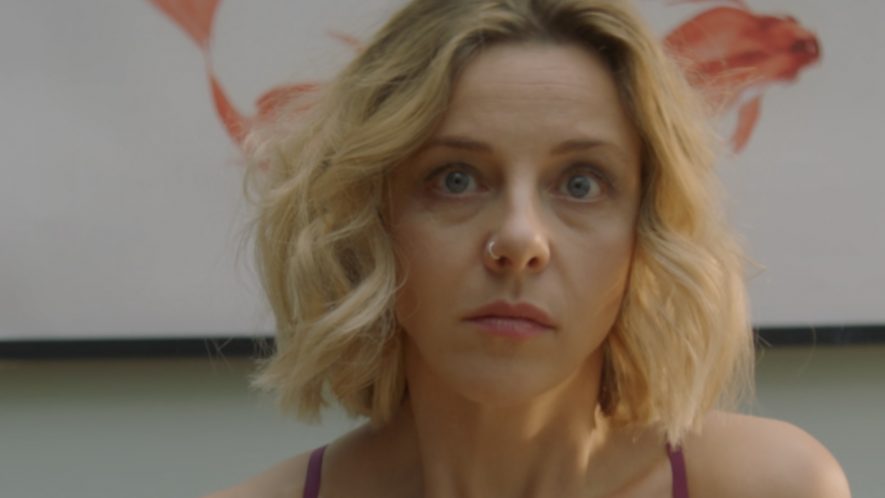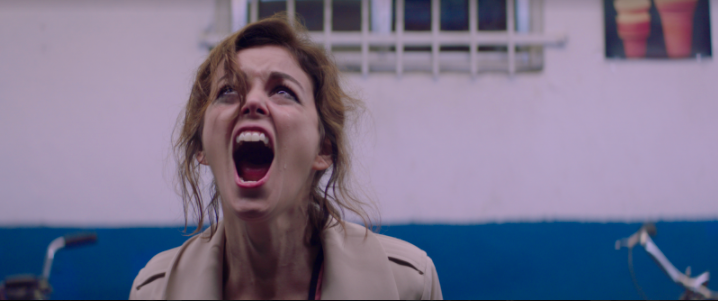Of the many ways that COVID-19 has invaded our lives and turned our world upside down, one of the most interesting industries affected is Hollywood. When we entered into wars or had economic downturns, people still went to the movies; It was a way to hear patriotic (or the opposite) films to inspire those still at home, or a distraction from the hard times of financial instability. Now, a global pandemic, the theaters have shut their doors. The internet and the rise of streaming platforms have proved that blockbuster films can land right onto our phones and give us a way to explore movies outside the theater. While many small-time theaters are offering food services, movie events like classics or niche films, or international releases, the pandemic are putting a hard dent into their life expectancy. At the same time, we are revolutionizing how movies land at audiences’ feet as well as how they are being created. These next months will forever shape our ever-changing industry but which ways will it affect it the most?
Through COVID-19, there has been a major shift in the future demands of the industry. This comes at a time where streaming services have uprooted Hollywood over the last 10 years, with Netflix leading the charge. In my opinion, the Coronavirus has both accelerated the movement to digital-only distributions and both solidified the future of streaming services dominating content. Movie theaters have already been struggling since the dawn of Netflix, and forcing them closed for months will force them to either adapt to a stay-at-home population or die trying. I know that people are still itching to see a movie on the big screen (shoutout Tenent), and the experience of a theater still holds huge pulls with many movie fans. It will be interesting to see how both the major chains and local independent theaters change post-COVID. So how will the Coronavirus shape film sets for the future?
All those who currently work in the industry (or aspire to make it there), get used to onset Personal Protective Equipment (PPE). Many productions are still happening, but masks, hand sanitizer stations, and individually packaged lunches seem to be a universal must. While most sets that I have seen haven’t changed much besides throwing some masks on the crew and trying to stay 6 feet apart, it will be worth looking for changes in how people are creating their stories. Will there be a new trend for a longer lens to stay farther from the actors? Are “skeleton” crews going to become more common? Will more productions be shooting outdoors? Pay attention to the trend shifts in the next few months as films shot during the pandemic are released. At least more sets are pushing people to bring their own water cups
Lastly, one change in the industry I have been following for the last three or so years is the dawn of virtual production. The technology is still fresh, but it is being used more and more on small scales into real productions. For those who don’t know, virtual production is an umbrella term for using a computer-generated space along with real films. One form of this is in LED paneled rooms that have a computer-generated backdrop. A sensor on the camera causes the space to move with the movements of the camera. This technology was recently used throughout the (Disney+ Star Wars spinoff show) Mandalorian, where they generated the assets and landscapes within a software called Unreal Engine, then shot with that as the backdrop in a studio. This is a super watered down explanation for a very complex and emerging tool. If you want to see how this works, check out this video. With an increase in smaller crews and widespread travel restrictions, this technology could forever change the idea of a “film set”.
These are just a few ways that the future of making and watching films is changing through this pandemic. Keep your eyes out for more straight to streaming releases or more uses of virtual production. Maybe the next time you are watching a movie every location will be shot from the same studio building, or the next continuity errors you catch will be an actor with a mask on. Either way, stay safe and make sure you wash your hands!
Words by Jackson Ingraham
For any questions please reach out to:
Email: [email protected]
Instagram: @watch.argo
Twitter: @watch_argo










